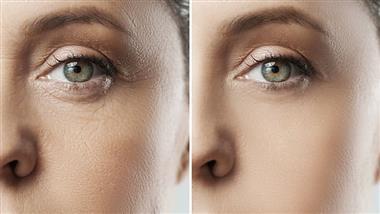
"The skin is your body's largest organ, accounting for roughly 15% of your total body weight. It acts as the primary barrier between your internal systems and the external world."
"Diet has emerged as a key factor with far-reaching effects on skin appearance and resilience, explored in a recent review examining how dietary habits and specific foods affect skin aging."
"The epidermis forms a water-tight, UV-shielded barrier. The dominant cells in this outer layer, keratinocytes, generate keratin to block moisture loss and UV damage."
"The dermis offers strength, flexibility, and metabolic support. Collagen and elastin within this thicker connective tissue layer provide the skin its mechanical resilience."
The skin, as the body's largest organ, makes up around 15% of total body weight and serves as a crucial barrier between internal systems and external environments. It reflects daily habits and internal health. Skin aging occurs gradually, affected by factors such as diet. A recent review examined how dietary habits and specific foods influence skin aging and health. The skin comprises three main layers: the epidermis, dermis, and hypodermis, each playing a vital role in protection, strength, and metabolic functions.
Read at Natural Health News
Unable to calculate read time
Collection
[
|
...
]